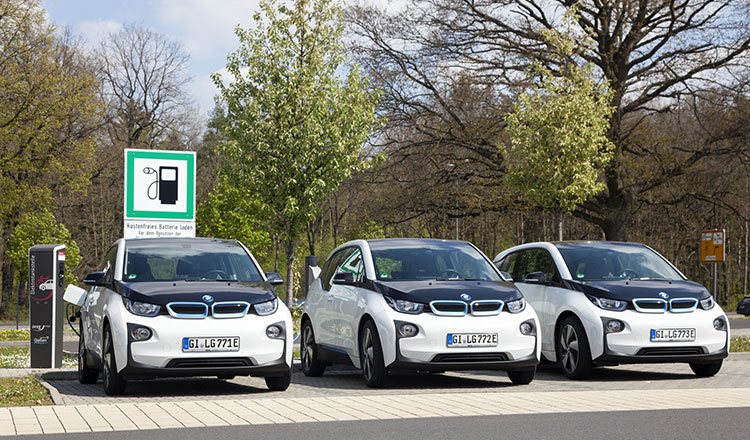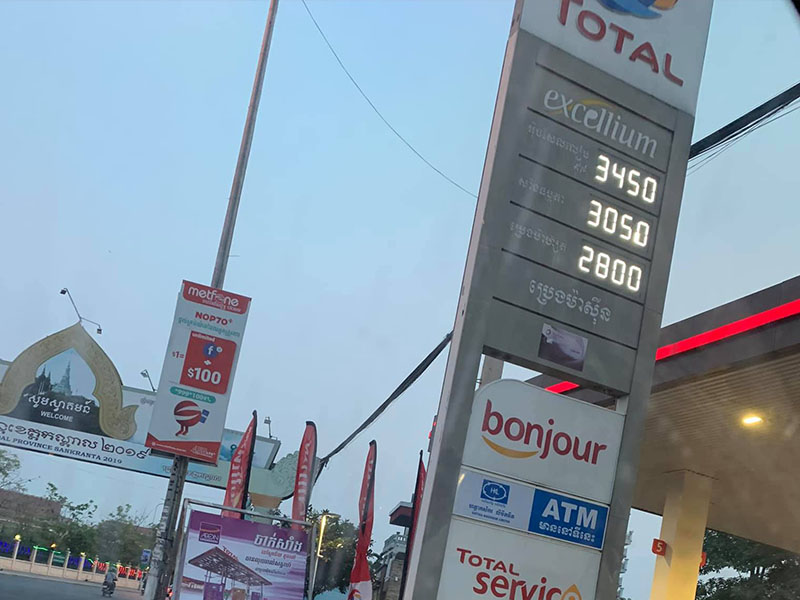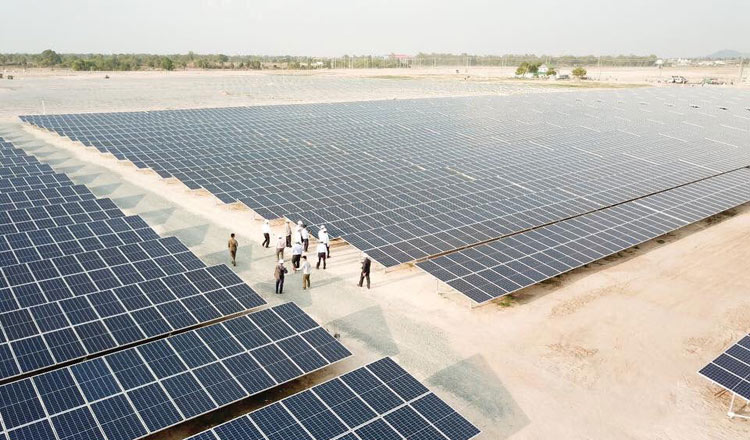Gov’t to boost electricity vehicle usage to reduce gas emission
The government will boost electricity vehicle usage to reduce gas emissions, said Minister of Public Works and Transport, Sun Chanthol.
To get this initiative moving, he called on the private sector to invest in the facilities to support the charging stations.
Chanthol said this during a panel discussion on “Electrification of Vehicles for a cleaner Cambodia” on Facebook Live.
The number of EVs in Cambodia is relative small compared to the millions of registered normal vehicles, he added.
“EV is the first stage in Cambodia,” Chanthol said. “Close to one million vehicles – cars and trucks are registered in Cambodia. Out of that, we have only 42 EV cars in the country so far. This number will continue to grow.”
He added that there need to be an understanding of people to use the clean energy for the EV, the proper way of exposing the recycle of the EV batteries, and the government’s support on the EV through the import tax.
The import tax of the EV is only half – about 63% compared to 122% of import tax of normal vehicles, he said, adding that the special tax of EVs is just 10% compared to 50% of special tax of normal vehicles.
“I hope today’s discussion will let people know the effective rate [of EV] is half of normal cars through the deduction of special tax,” said Chanthol who called on the private sector to join in the EV investment in Cambodia by investing charging stations along roads.
He said he will take topics to discuss with a few investors to install charging stations along the expressway – Phnom Penh-Sihanoukville and on National Road 5.
“We do support the EV industry. We work together with relevant organisations to come up with strategies, how we can support this EV further, and come up with the standards. We don’t want Cambodia to be a dumping ground for allowing batteries that last ten years. We want property batteries and then how can we expose them. We need property policy, not only to bring the EV cars in, but also to recycle and expose the batteries,” he added.
“This should not be the responsibility of EDC or the government of Cambodia to build charging stations. The private sector should work with us or should invest in charging infrastructure,” he said.
The panel discussion, joined by Keo Rottanak, Director-General of Electricité du Cambodge (EDC), Pablo Kang, Australian Ambassador to Cambodia, and Tina Redshaw, British Ambassador to Cambodia, also raised the role of the electrification of transport in the future for Cambodia.
The transportation sector accounts for 45% nearly half of Cambodia’s total energy consumption. If Cambodia is to meet its emissions reduction targets, electrification of transportation is essential, the Australian Embassy posted on its Facebook.
It also said that the discussion was to explore the benefits and challenges of increasing the number of electric vehicles in Cambodia and the impacts on Cambodian economy, the environment, transport and urban planning, and the electricity grid. Khmer Times







